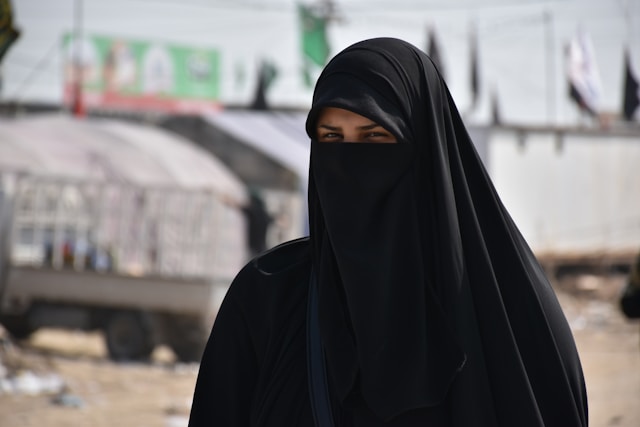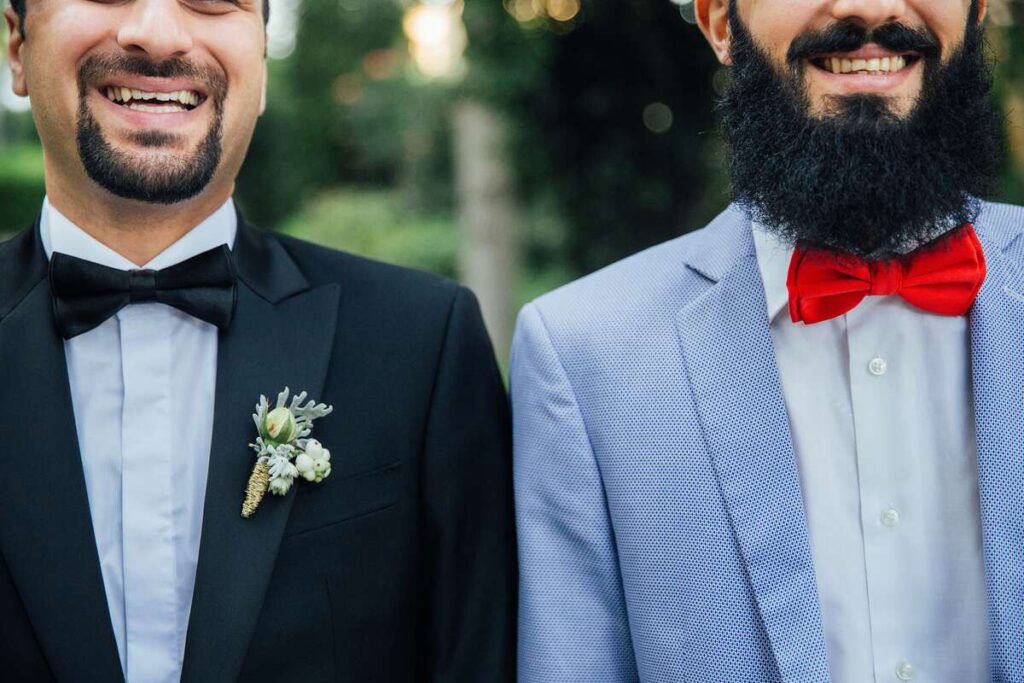Following the 2003 transition to democracy, Iraq has actively pursued the enhancement of women’s rights and political participation. This effort was influenced by both internal reforms and external pressures, including adherence to international human rights agreements like CEDAW. Iraq’s 2004 Law of Administration and the 2005 Constitution mandated that at least 25% of parliamentary seats be reserved for women, a quota upheld in subsequent election laws.
Despite these formal provisions, the path for Iraqi women in politics has been fraught with challenges. The entrenched patriarchal structures and societal resistance have often undermined their progress. For instance, attempts to replace the progressive Personal Status Law of 1959 with Islamic law met strong opposition from women’s rights activists, culminating in significant protests and advocacy campaigns.
Women’s representation in the Iraqi parliament has fluctuated around the mandated 25%, occasionally reaching higher percentages due to effective advocacy. However, legal loopholes and political maneuvers frequently undermine these gains, allowing men to replace women under certain conditions.
The debate over women’s roles extends beyond political participation to broader societal issues. Persistent male dominance and cultural resistance continue to limit women’s opportunities and enforce traditional roles. Efforts to address these challenges and secure women’s rights remain ongoing, as the struggle for genuine and substantial representation continues amid Iraq’s complex political landscape.







